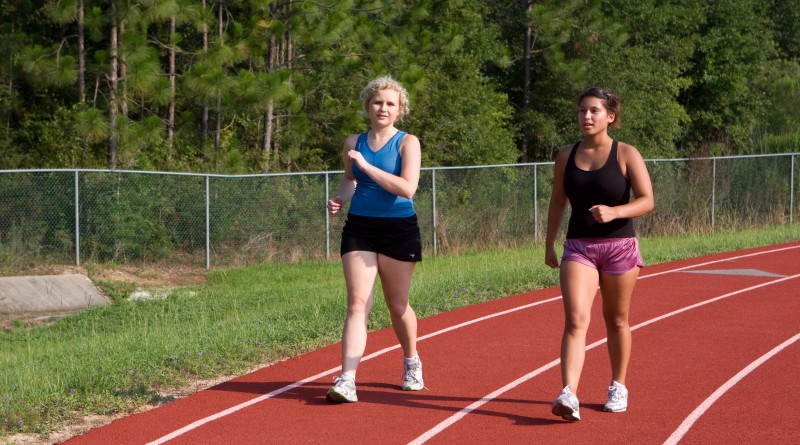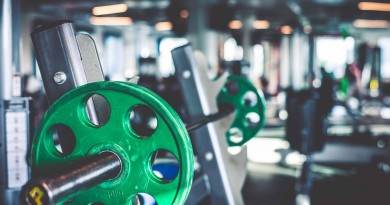Walking. For your health, walk
If your daily physical activity is go to your car, it’s time to review your life. Walking is almost miraculous.
Physical exercise nowadays is essential. Running, cycling, training at the gym are just few of the activities available, but if you don’t exercise for a long time, take your time and start moderately. Walking is one of the best options is to gradually get used to a more active pace. Besides being a great way to get back in shape, walking can serve as a starting point for a more intense physical activity, if that is your desire.
Better lungs
Your cardiorespiratory health will thank you for walking a little every day. A faster pace would be ideal to improve the benefits of walking, but even a slower pace favors your lungs. Gas exchanges made during the walks increase your lung capacity.
It decreases the stress
One of the main enemies of modern health tends to disappear while you take a walk. Blood circulation improves and there is a greater oxygenation of all body cells. The brain is one of the organs that benefits from this better oxygenation.
It prevents cardiovascular diseases
While you’re walking in a moderate step, you exercise your body’s main muscle: the heart. You don’t need to run to improve your heart. This turns out to regulate your pace and slow down its beats per minute. Blood pressure also decreases in the 24 hours following a good walk, as the blood flow increase while you exercise. Veins and arteries dilate and improve blood circulation.
It let you get in shape
Depending on the walking rhythm, you may or may not lose weight. But one thing is certain: accumulation of fat will be well lower if you stay in motion and let go of the sedentary lifestyle. If you choose to do vigorous walks of at least 30 minutes, you can be sure that you will burn a lot of calories.
It gives you good nights of sleep
There is evidence that those who practice regular physical exercise experience less trouble falling asleep and sleep more restful nights with a deeper and more refreshing sleep. The larger amount of wellness hormones released during the practice of physical exercise contributes to a more relaxed body, which increases the quality of sleep.







